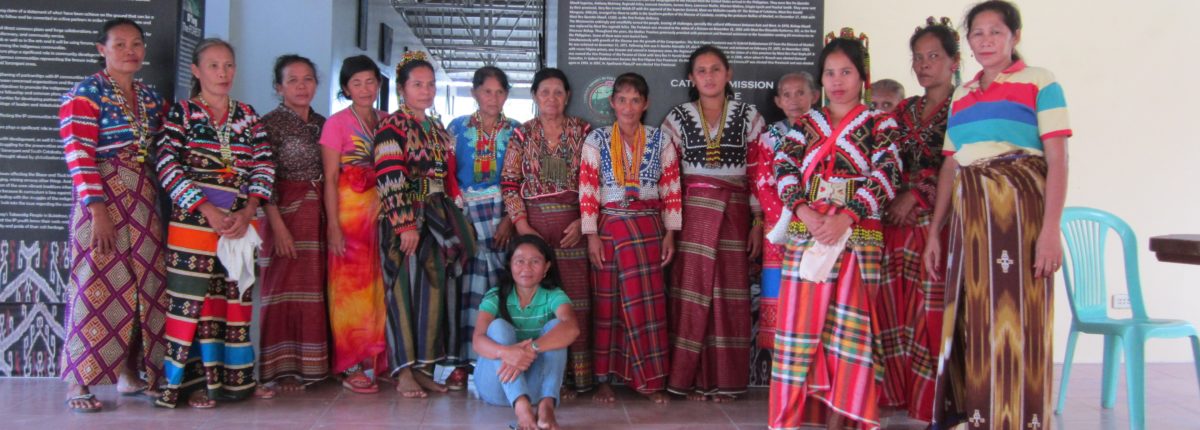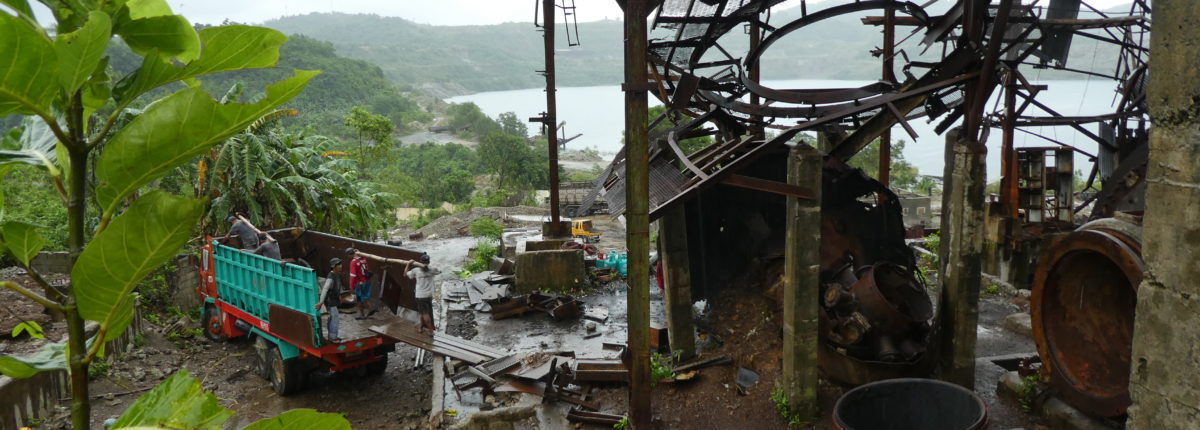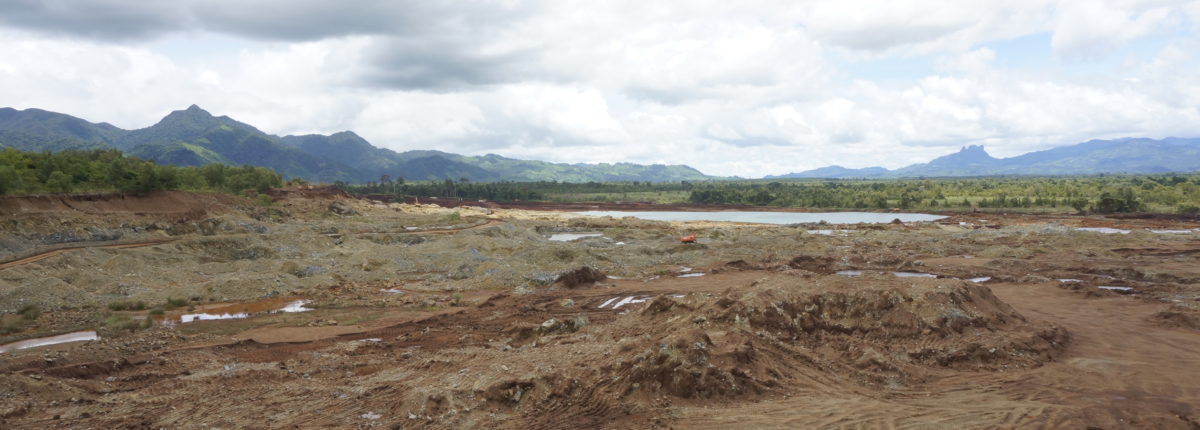The growing demand for land (2009)
In many countries of Africa, Asia and South America, over the past few years there has been a rapid increase in the demand by foreign and domestic investors for land suitable for agriculture. Large-scale investments in land, which are typically in the range of tens of thousands to hundreds of thousands of hectares,1 are either for agro-fuel production or – more recently – outsourced food production. This new demand from outsiders is bringing about financial resources, infrastructure and technology, but also increased pressures…











